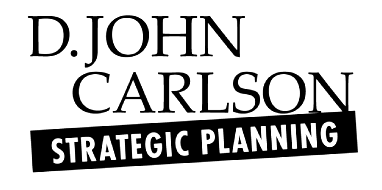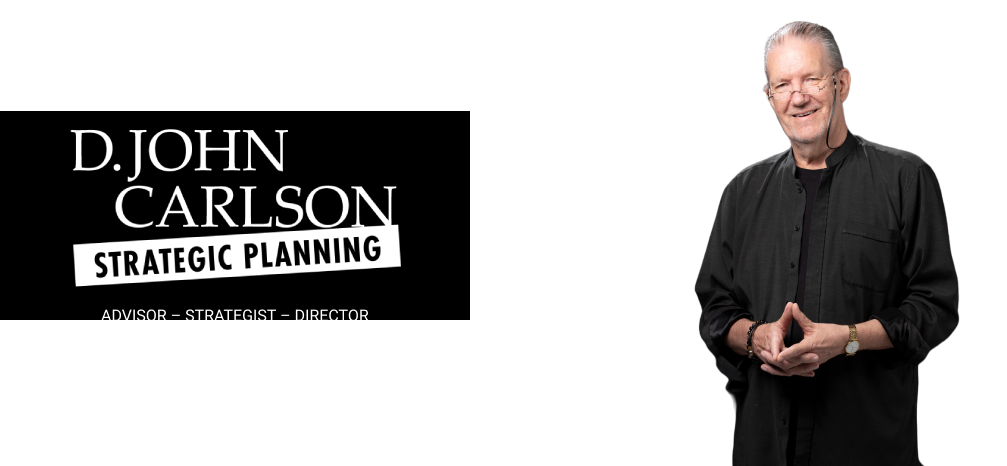A US survey of businesses with highly successful incentive programmes found that 82% of them used merchandise and travel as the incentive – often instead of cash. This finding is entirely consistent with research conducted by behavioural economist and psychologist, Dan Ariely, who found: University students offered $30 cash were significantly less likely to complete […]
A US survey of businesses with highly successful incentive programmes found that 82% of them used merchandise and travel as the incentive – often instead of cash. This finding is entirely consistent with research conducted by behavioural economist and psychologist, Dan Ariely, who found: University students offered $30 cash were significantly less likely to complete projects assigned to them than students offered a slab of beer (valued at $30)People lined up in their masses to collect a free ice cream (valued at $4.00) but would not line up for $4.00 in cash In another series of studies, Ariely found that: Lawyers were not inclined to undertake charity work for a fee of $30 per hours (well below their hourly rate) but would complete the same charity work for freeLawyers who completed voluntary work for a charity worked a great deal harder than those who completed the work for a commercial…


 Back
Back